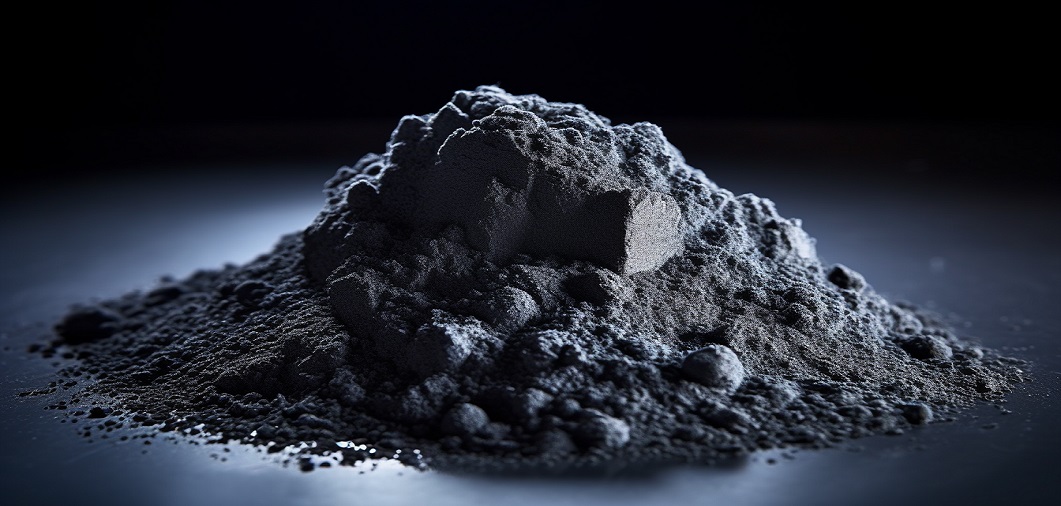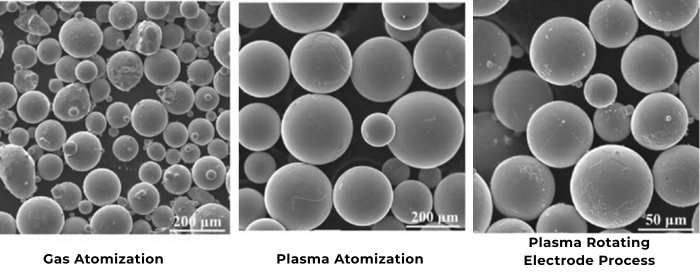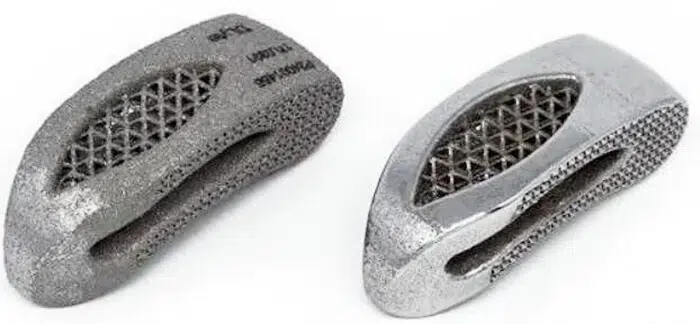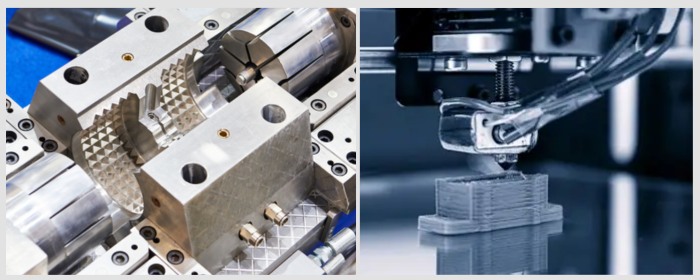

In the world of high-performance machinery, materials play a critical role in determining the success of a design. One material that stands out for its exceptional properties is Grade 23 Titanium, commonly known as Ti-6Al-4V-ELI. In this blog, we will delve into the unique attributes of Grade 23 Titanium and explore its indispensable role in precision engineering for high-performance machinery.

Composition:
Impurity Levels:
Applications:
Strength and Weight:
Cost:
Ti-6Al-4V: This part of the name indicates the primary elements that make up the alloy.
ELI: This stands for "Extra Low Interstitials." The ELI designation signifies that this grade has lower levels of interstitial elements, particularly oxygen and iron. This reduction in interstitial elements enhances the alloy's ductility and fracture toughness, making it suitable for applications in the medical and aerospace industries.
Understanding Grade 23 Titanium: Grade 23 Titanium is a titanium alloy that belongs to the Ti-6Al-4V family, specifically enhanced for extra-low interstitials (ELI). This grade combines the strength, lightweight nature, and corrosion resistance of titanium with reduced levels of oxygen and iron, making it ideal for applications where precision and performance are paramount.
Impurity Levels:
Biocompatibility:
Ductility and Fracture Toughness:
Applications:
The Strength-to-Weight Advantage: One of the standout features of Ti-6Al-4V-ELI is its impressive strength-to-weight ratio. In precision engineering, where every ounce matters, this attribute allows manufacturers to create high-performance machinery that is both robust and lightweight. Whether it's aerospace components, advanced manufacturing equipment, or intricate mechanical parts, Grade 23 Titanium delivers unparalleled strength without compromising on weight.
The choice between Ti-6Al-4V (Grade 5) and Ti-6Al-4V ELI (Grade 23) for medical implants is primarily influenced by the need for biocompatibility and the specific requirements of the medical application. Here are some key reasons why Ti-6Al-4V ELI is often preferred over Ti-6Al-4V for medical implants:
Biocompatibility: Ti-6Al-4V ELI (Extra Low Interstitials) has even lower levels of oxygen and iron compared to Ti-6Al-4V, enhancing its biocompatibility. This is crucial for medical implants as it reduces the risk of adverse reactions and ensures better acceptance by the human body.
Reduced Interstitial Elements: The ELI variant is processed to have reduced levels of impurities, making it more suitable for applications where the introduction of impurities into the body should be minimized. This is particularly important in medical implants to avoid potential allergic reactions or other complications.
Improved Ductility and Fracture Toughness: Ti-6Al-4V ELI exhibits improved ductility and fracture toughness compared to Ti-6Al-4V. This is advantageous for medical implants that may experience stress and strain in the human body. The enhanced ductility can contribute to better performance in terms of fatigue resistance.
Stringent Medical Standards: Medical implants must adhere to stringent standards and regulations. Ti-6Al-4V ELI is specifically designed and processed to meet these standards, ensuring that the material used in medical applications meets the required criteria for safety and performance.
Orthopedic and Dental Applications: Ti-6Al-4V ELI is commonly used in orthopedic and dental implants where the combination of strength, low weight, and biocompatibility is essential. The reduced risk of complications makes it a preferred choice for implants in bone and dental structures.
Risk Reduction: The use of Ti-6Al-4V ELI helps minimize the risk of any potential toxicity or inflammatory responses within the body. This is crucial for long-term implant success and patient well-being.
Corrosion Resistance for Reliability: High-performance machinery often operates in demanding environments where exposure to harsh chemicals or extreme temperatures is unavoidable. Grade 23 Titanium's corrosion resistance ensures the longevity and reliability of components even in these challenging conditions. This resistance to corrosion makes it an ideal choice for critical parts that must withstand the test of time without compromising precision.
Precision Machining with Ti-6Al-4V-ELI: The machinability of Grade 23 Titanium is a crucial factor in its widespread adoption for precision engineering. Its composition allows for precise machining and intricate detailing, enabling the production of complex components with tight tolerances. Manufacturers benefit from the ability to create intricate, custom-designed parts that meet the exacting standards of high-performance machinery.
Applications in High-Performance Machinery: From aerospace components to medical devices and advanced manufacturing equipment, Grade 23 Titanium finds application in a myriad of high-performance machinery. The blog will highlight specific examples and case studies where Ti-6Al-4V-ELI has been instrumental in pushing the boundaries of precision engineering.
As technology advances and the demand for high-performance machinery continues to rise, materials like Grade 23 Titanium will play an increasingly pivotal role. Ti-6Al-4V-ELI's unique combination of strength, lightweight properties, corrosion resistance, and precision machinability positions it as a cornerstone in the world of precision engineering, driving innovation and pushing the limits of what's possible in high-performance machinery.







